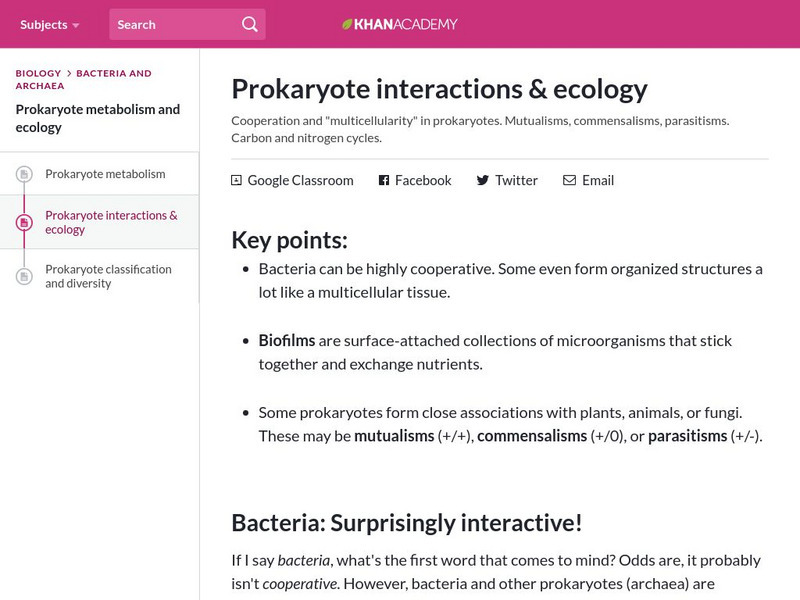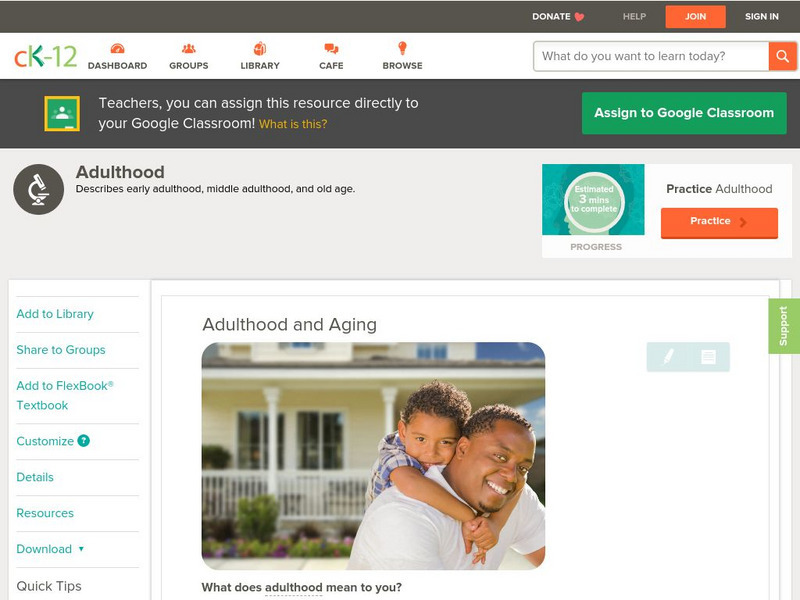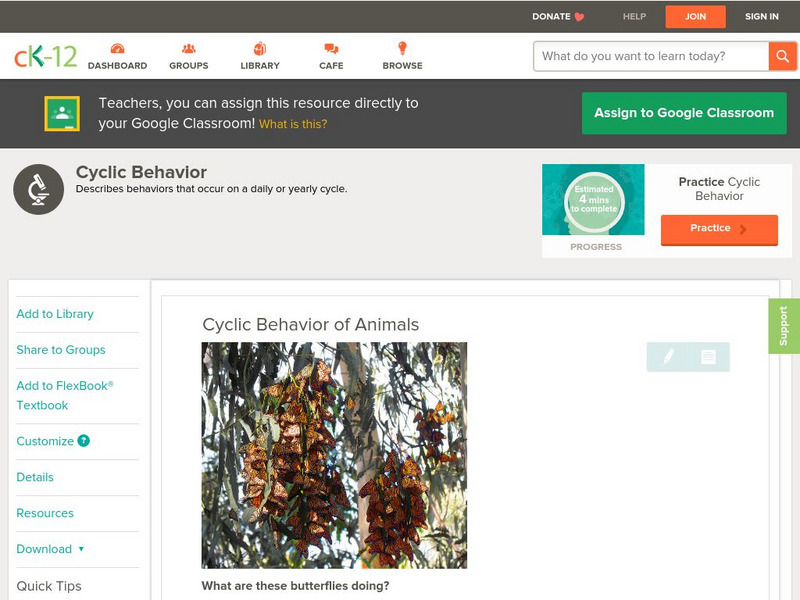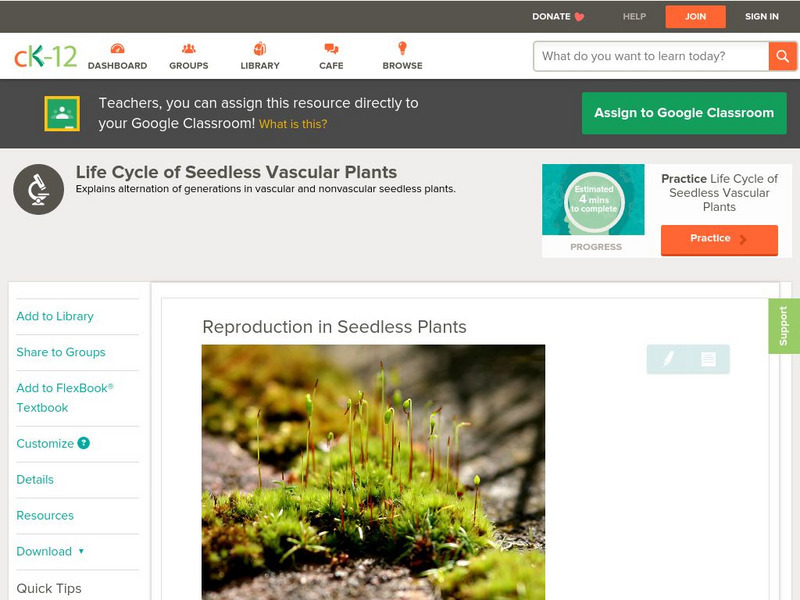Hi, what do you want to do?
Khan Academy
Khan Academy: Bacteriophages
Learn about bacteria-infecting viruses, including the lytic and lysogenic cycles.
eSchool Today
E School Today: Your Revision Notes on Rocks
Covers the three main types of rocks, different weathering processes, erosion, and the rock cycle.
Khan Academy
Khan Academy: Apoptosis
Learn about programmed cell death and how it is different from necrosis, cell death due to injury.
CK-12 Foundation
Ck 12: Virus Replication
[Free Registration/Login may be required to access all resource tools.] How do viruses replicate? In this lesson, students will learn how a virus produces new copies of itself.
Open Curriculum
Open Curriculum: Recycling Matter in Ecosystems
Students learn about biogeochemical cycles that recycle matter on Earth.
NOAA
Noaa: Space Weather Prediction Center: A Primer on Space Weather
The Space Environment Center put together an introduction to our sun and space weather that it creates during it's 11 year weather cycle. Learn about different solar anomalies and the effects they have on earth with pipelines, geologic...
Center for Innovation in Engineering and Science Education, Stevens Institute of Technology
Ciese: Carbon Imbalance: Algae to the Rescue? [Pdf]
A 95-page learning module that integrates biology, chemistry, and engineering. It includes in-class labs, virtual labs, and engineering design activities. Working with algae, students learn about and investigate how photosynthesis,...
TeachEngineering
Teach Engineering: Swim to and From the Sea!
Students are introduced to the basic biology behind Pacific salmon migration and the many engineered Columbia River dam structures that aid in their passage through the river's hydroelectric dams. Students apply what they learn about the...
TeachEngineering
Teach Engineering: Waves: The Three Color Mystery
Students are presented with a challenge question concerning color blindness and asked to use engineering principles to design devices to help people who are color blind. Using the legacy cycle as a model, this unit is comprised of five...
CK-12 Foundation
Ck 12: Life Science: Infancy and Childhood
[Free Registration/Login may be required to access all resource tools.] The first year after birth is called infancy. Infancy is a period when the baby grows very fast. During infancy, the baby doubles in length and triples in weight....
Khan Academy
Khan Academy: Prokaryote Interactions & Ecology
Learn about cooperation and "multicellularity" in prokaryotes including mutualisms, commensalisms, parasitisms. Also find out the role of prokaryotes in the carbon and nitrogen cycles.
CK-12 Foundation
Ck 12: Life Science: Light Reactions of Photosynthesis
[Free Registration/Login may be required to access all resource tools.] Although we generally discuss plants when learning about photosynthesis, keep in mind that plants are not the only organisms that can make their own food. Some...
CK-12 Foundation
Ck 12: Life Science: Process of Cellular Respiration
[Free Registration/Login may be required to access all resource tools.] Why do you need air to live? Of course if you didn't breathe, you couldn't survive. You need the gas oxygen to perform cellular respiration to get energy from your...
CK-12 Foundation
Ck 12: Life Science: Adulthood and Aging
[Free Registration/Login may be required to access all resource tools.] When is a person considered an adult? That depends. Most teens become physically mature by the age of 16 or so. But they are not adults in a legal sense until they...
CK-12 Foundation
Ck 12: Life Science: Fungi Reproduction
[Free Registration/Login may be required to access all resource tools.] Different fungi reproduce in different ways. Many fungi reproduce both sexually and asexually. However, some reproduce only sexually and some only asexually. Asexual...
CK-12 Foundation
Ck 12: Life Science: Cell Division
[Free Registration/Login may be required to access all resource tools.] Cells do eventually wear out. At that point, they need to be replaced. This is one reason that your cells divide. New cells that result after cells divide are also...
Alabama Learning Exchange
Alex: The Circles of Life
This is an inquiry based cooperative learning unit that can be used in biology as a graduation exam review or in botany for a nine week project. The students will learn the life cycle of mosses, ferns, gymnosperms and angiosperms. The...
TeachEngineering
Teach Engineering: Rock Solid
Rocks cover the earth's surface, including what is below or near human-made structures. With rocks everywhere, breaking rocks can be hazardous and potentially disastrous to people. Students are introduced to three types of material...
Virginia Tech
Virginia Tech: Flower and Tree Reproduction
This is the reproduction chapter from an online text, courtesy of the Forest Biology Department of Virginia Tech. Learn about trees, their flowers, and other details of their reproductive cycle.
CK-12 Foundation
Ck 12: Life Science: Ecosystems
[Free Registration/Login may be required to access all resource tools.] Ecology is the study of ecosystems. That is, ecology is the study of how living organisms interact with each other and with the nonliving part of their environment....
CK-12 Foundation
Ck 12: Life Science: Cyclic Behavior of Animals
[Free Registration/Login may be required to access all resource tools.] Many animal behaviors change in a regular way. They go through cycles. Some cycles of behavior repeat each year. Other cycles of behavior repeat every day. Learn...
Khan Academy
Khan Academy: Animal & Human Viruses
Learn about viruses of humans and other animals, the Baltimore classification system, and the HIV life cycle.
CK-12 Foundation
Ck 12: Life Science: Reproduction in Seedless Plants
[Free Registration/Login may be required to access all resource tools.] Seedless plants can reproduce asexually or sexually. Some seedless plants, like hornworts and liverworts, can reproduce asexually through fragmentation. When a small...
CK-12 Foundation
Ck 12: Life Science: Dna Structure and Replication
[Free Registration/Login may be required to access all resource tools.] DNA must replicate (copy) itself so that each resulting cell after mitosis and cell division has the same DNA as the parent cell. DNA replication occurs during the S...







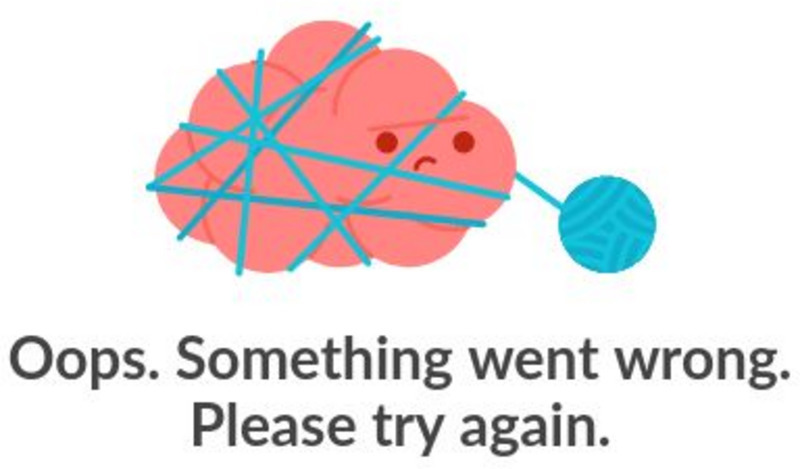



![Ciese: Carbon Imbalance: Algae to the Rescue? [Pdf] Unit Plan Ciese: Carbon Imbalance: Algae to the Rescue? [Pdf] Unit Plan](http://lessonplanet.com/content/resources/thumbnails/455842/large/bwluav9tywdpy2symdizmdeyny0xmdcynjyylwcwy3uxni5qcgc.jpg?1674855345)



